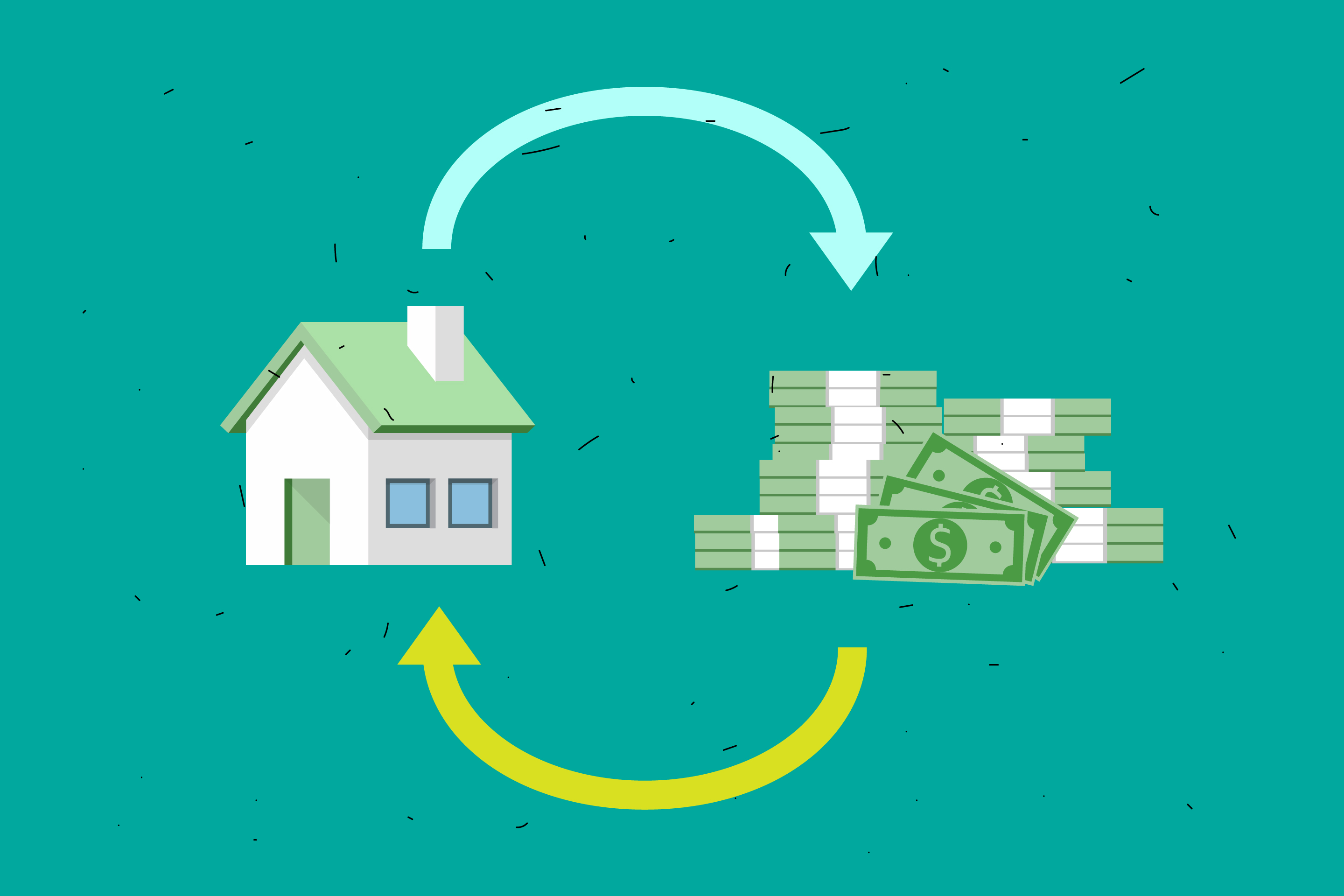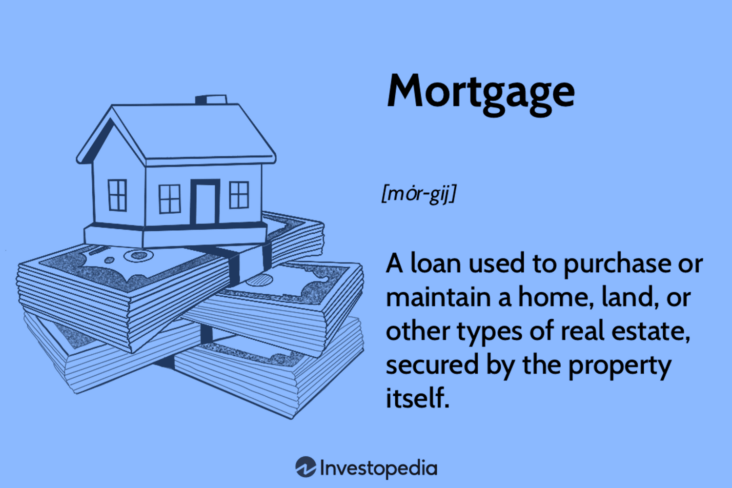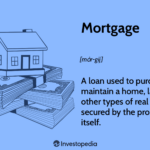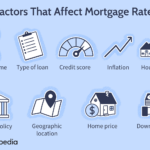Are you looking to buy a home but don’t know what a mortgage is? A mortgage is a loan that helps you finance the purchase of a home, and it is one of the most common forms of long-term borrowing. Taking out a mortgage is an important financial decision since you’ll be agreeing to pay back the loan with interest over an extended period of time. In this article, we’ll explore what a mortgage is, the different types of mortgages, and the steps you should take to secure the best mortgage for your budget.
Understanding the Basics of a Mortgage

A mortgage is a loan used to purchase a home. It is secured by the home itself, meaning that if the borrower fails to pay back the loan, the lender can repossess the home. Understanding the basics of a mortgage is key to making sure that you make the best decision for your financial future.The first step in understanding a mortgage is familiarizing yourself with the different types of mortgages available. Fixed-rate mortgages have the same interest rate throughout the life of the loan, while adjustable-rate mortgages have an initial interest rate that can fluctuate over time. Some mortgages also have different terms, such as 15-year and 30-year loans. Additionally, there are government-backed mortgages that may offer lower interest rates, such as those backed by the Federal Housing Administration (FHA) or the U.S. Department of Veterans Affairs (VA).It is also important to understand the components of a mortgage, such as the principal and interest, as well as other costs associated with the loan, such as closing costs, private mortgage insurance (PMI), and homeowners insurance. The principal is the amount of money borrowed, and the interest is the cost for borrowing the money. The interest rate is typically determined by the lender and can affect
The Different Types of Mortgages

Mortgages come in a variety of forms, each with its own set of benefits and drawbacks. The most common types of mortgages include fixed-rate mortgages, adjustable-rate mortgages (ARMs), jumbo loans, and FHA loans. Fixed-rate mortgages offer a fixed interest rate and payment amount over the life of the loan. This type of loan is ideal for those who plan to stay in their home for a while and want the security of a predictable payment. Adjustable-rate mortgages, or ARMs, have an interest rate that can change over time. This type of loan often offers a lower initial interest rate than a fixed-rate mortgage, making them attractive to those who plan to stay in their home for a short period of time. However, the interest rate can increase or decrease significantly over the life of the loan, so it’s important to consider the potential risks. Jumbo loans are mortgages that exceed the conforming loan limit established by the Federal Housing Finance Agency. These loans typically offer lower down payment options, but they often come with higher interest rates and more stringent underwriting requirements. Finally, Federal Housing Administration (FHA) loans are designed for first-time
The Benefits of a Mortgage

Having a mortgage can be a great way to build wealth over time. With a mortgage, you have the ability to borrow money to purchase a home, and then use the home as collateral to pay back the loan. This can save you a lot of money in the long run, as you are only paying interest on the loan and not the full purchase price of the home. A mortgage also allows you to enjoy the benefits of homeownership without having to come up with the full amount of money upfront. Additionally, the mortgage interest rate can be much lower than the rate for other types of loans, allowing you to save even more money over the life of the loan. Finally, the equity you build up in your home from paying off your mortgage loan can be used as collateral for other types of loans, allowing you to borrow more money and spread out the cost of large purchases. All of these benefits make a mortgage a great way to build wealth and increase financial stability.
Important Factors to Consider Before Getting a Mortgage

When considering a mortgage, there are several important factors to keep in mind. First, consider your financial situation and what type of mortgage will best meet your needs. For example, if you have a higher income, a fixed-rate mortgage may be more beneficial. On the other hand, if you’re self-employed or have a lower income, an adjustable-rate mortgage may be more appropriate. Another factor to consider is the down payment amount. The higher the down payment, the lower the monthly mortgage payments. Additionally, the interest rate and the terms of the loan should be carefully considered. Lastly, it’s important to research various lenders and compare their rates and terms to ensure you’re getting the best deal. By researching and comparing lenders, you can save money and make sure you’re getting the most favorable mortgage terms. Taking the time to consider all of these factors can help you make an informed decision and ensure you’re getting the best mortgage for your needs.
Tips for Finding the Best Mortgage for You

When shopping for a mortgage, it is important to do your research to find the best mortgage product for your needs. Here are some tips to help you find the best mortgage for you: First, make sure to compare rates and terms of different lenders. While it may be tempting to go with the first lender you come across, it is important to shop around and compare rates and terms to ensure you are getting the best deal. Additionally, make sure to compare different loan types, such as conventional, FHA, and VA loans, to ensure you are getting the best rate and terms. Second, consider your down payment options. The more money you are able to put down as a down payment, the better your terms and rate may be. Additionally, make sure to factor in any closing costs associated with the mortgage, as well as any additional fees and costs. Third, consider the length of the loan and the type of interest rate you prefer. While a 30-year fixed rate mortgage may have a lower interest rate, you may be able to get a better deal with a shorter term loan such as a 15-year mortgage. Additionally, you may consider an adjustable rate mortgage if you plan to move or refinance within a




